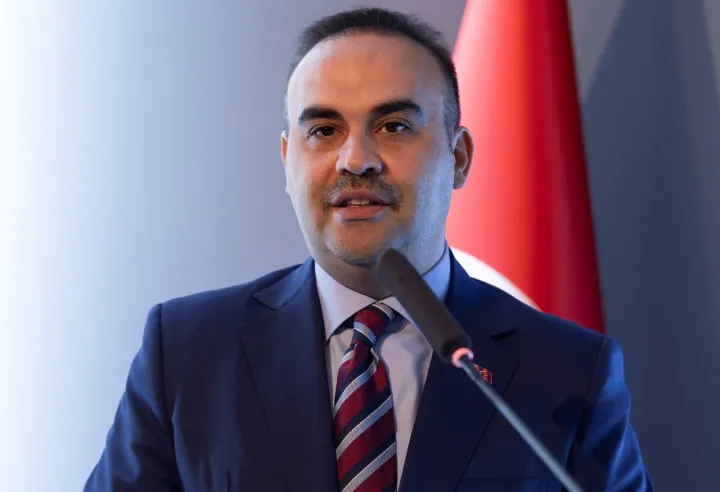While France celebrated the anniversary of victory over the Nazis on Wednesday, Algeria commemorated a more sombre anniversary: The crackdown by French colonial forces on Algerian independence activists the same day 79 years ago.
Both events took place on May 8, 1945.
In Paris, French President Emmanuel Macron lay a wreath on Wednesday at the eternal flame beneath the Napoleon-era Arc de Triomphe, honouring those killed fighting the Nazis and marking the end of World War II in Europe.
At the time of the war, Algeria was the crown jewel in France's colonial empire, and Algerian soldiers were among those sent to fight for France in Europe. The end of World War II unleashed independence movements across the former French and British empires.
'Extreme brutality and cruelty'
In Algiers on Wednesday, ceremonies were being held to honour demonstrators who took to the streets in the towns of Guelma, Setif and Kherrata to call for freedom from French rule.
"On this day we are remembering the massacres of May 8, 1945, committed by the coloniser with extreme brutality and cruelty, to repress a growing national activist movement that had resulted in massive demonstrations expressing the revolt of the Algerian people and its aspiration to freedom and emancipation," Algerian President Abdelmadjid Tebboune said in a statement.
They were unusually strong remarks from the Algerian leader, and a reminder of the lingering tensions with France more than 60 years after Algeria won its independence in a painful 1954-1962 war.
Algeria and France today have close economic, security and energy ties, but the question of historical justice remains a sore spot.
Reparations and apology
Tebboune is expected to raise it on a trip to France later this year. The issue of historical memory "will remain at the centre of our concerns until it enjoys an objective treatment that pays justice to historical truth," Tebboune said in his statement this week.
During a visit to Algeria in 2022, Macron struck a chummy rapport with Tebboune and agreed to create a commission of historians from both countries to make proposals for reconciliation.
The commission released proposals this year, including returning documents and artifacts from French archives to Algeria.
Algerian politicians have also sought financial reparations over French nuclear tests in the Sahara — and, most importantly, an official apology from France for colonial-era crimes.
Criticism at home
As France's first leader born after that era, Macron has sought to confront his country's past wrongdoing while pivoting to a new era of relations with former colonies.
But he has faced criticism at home, amid growing public support for far-right nationalists who champion the grievances of some French descendants of colonisers.
➤ Click here to follow our WhatsApp channel for more stories.
























